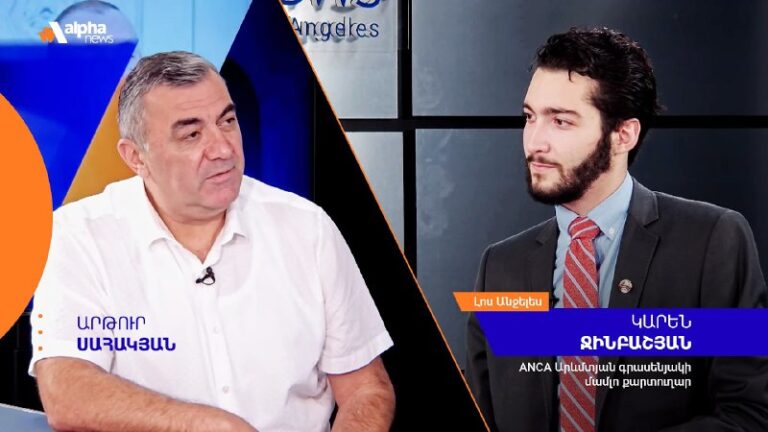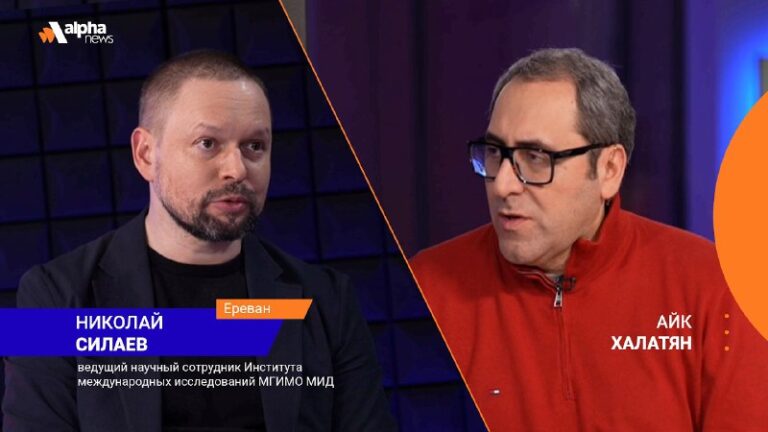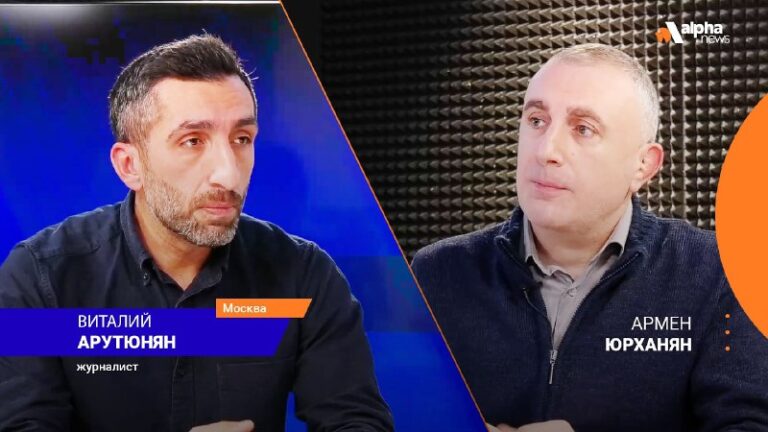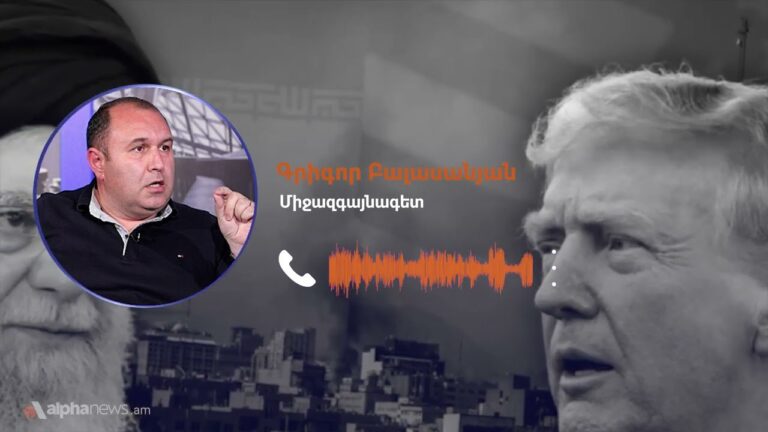Pashinyan is the architect of the Armenian “communication impasse”
June 07 2024, 12:30
Since the early 1990s, it has often been heard in Armenia that “politics is immorality.” Progenitors of this concept were mostly people from the Karabakh Committee, who used the Karabakh topic as part of a toolkit to get to power and begin the process of redistributing property—the process of primary accumulation of capital for themselves. When they came to power, they began to promote the thesis that “our victory is our burden” and Karabakh should be surrendered to Azerbaijan.
Over time, this idea transformed into a so-called ideology, and in the conditions of mono-national Armenia, national hatred towards people from Karabakh began to be cultivated inside. It also transformed into a primitive formula: we will surrender Karabakh, thereby normalizing relations with Azerbaijan and Turkey, push Russia out of the region, and this will eventually open transport communications through the territory of Armenia, allow oil and gas pipelines to be built, and the government will earn money from it.
The ideology generated by the false idea that “politics is immorality” proved its unviability after the fall of Karabakh. Artsakh has been surrendered, and the border with Turkey is not open. Artsakh has been surrendered, but Azerbaijan’s demands still do not end. Moreover, the situation is developing in such a way that the main project of the authorities, the “Crossroads of Peace,” is increasingly at risk of becoming “Pashinyan’s impasse.”.
In October 2023, Russian Deputy Prime Minister Alexey Overchuk announced that the Zangezur section as part of the North-South project was not being considered because of Armenia’s unclear position. This was the first serious “alert” that Armenia might fall out of the regional megaproject.
The second “alert” was raised in February 2024, when Russian Deputy Prime Minister Marat Khusnullin stated that Russia’s strategic task in creating transport corridors is to reach the Indian Ocean through the Caspian Sea, through Azerbaijan and Iran. Khusnullin did not mention Armenia in his speech.
But the most important “alert” was raised the day before, when the Russian President said that the North-South transport corridor could become very popular.
“As far as the North-South road is concerned, it can turn into a very good, in-demand international corridor when goods from the port of St. Petersburg go through the European part to Azerbaijan, then to Iran, and with access to the Persian Gulf coast,” Vladimir Putin said. Again, not a word about Armenia…
Add to this the fact that Iran has applied for observer status at the EAEU, Turkey believes that joining the BRICS can be an alternative to joining the EU, and Georgia, one after another, adopts such laws that call into question its European and North Atlantic prospects, and you will see that the region is in the stage of global transformation while Armenia is “alone in a crowd.”
After all of the above, is there any doubt that, as a result of Pashinyan’s policy, based on the ideology that “politics is immorality,” regional players may agree that Nakhichevan and Artsakh—where Russia will soon open the consulate general—will be quite suitable as “crossroads of peace”? At the same time, Armenia will remain without open communications, with two closed borders out of four, and will become “Pashinyan’s impasse.”.
Politics is inherently immoral, it is people who make it so…
Think about it…







